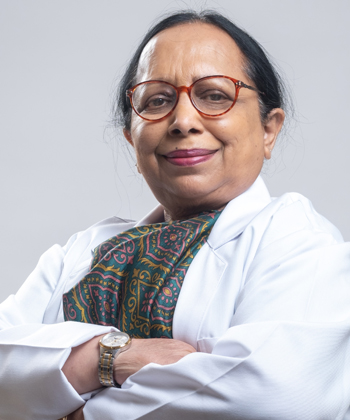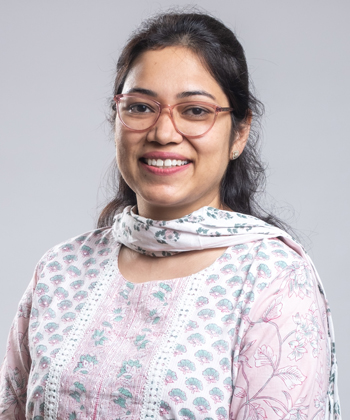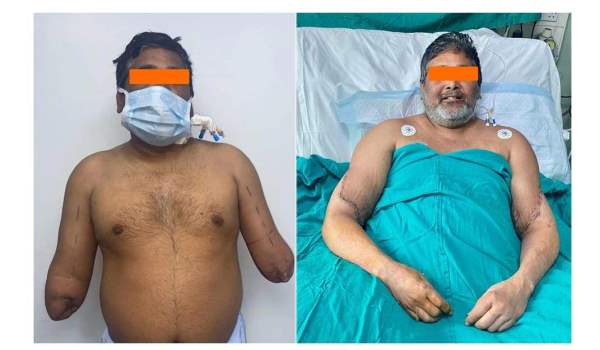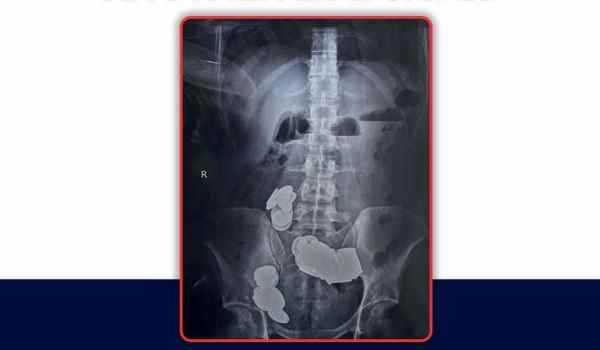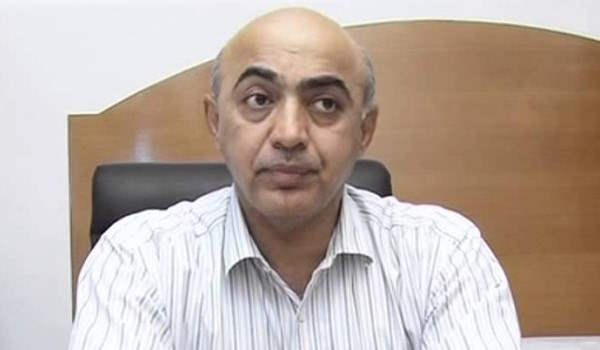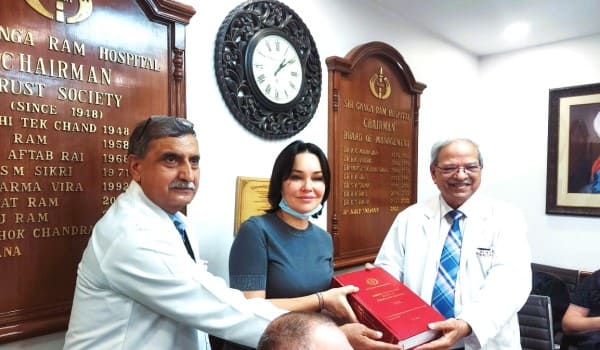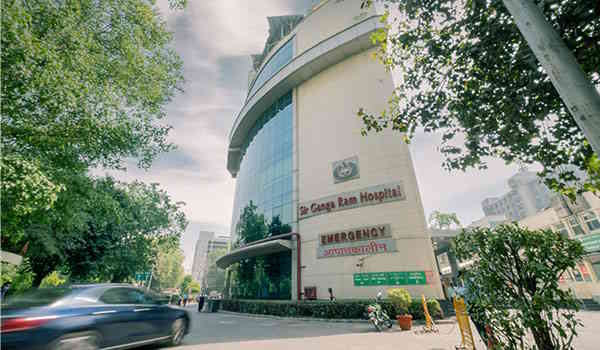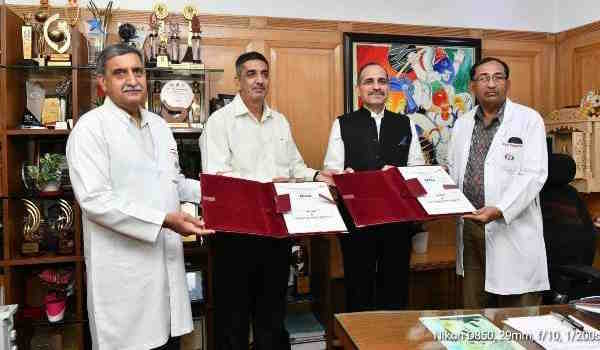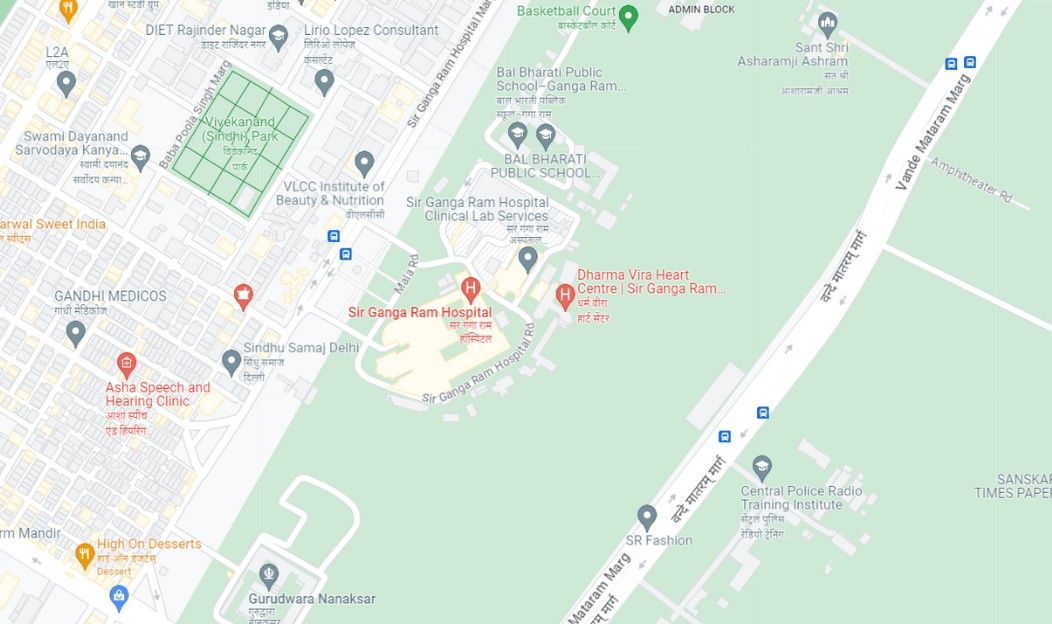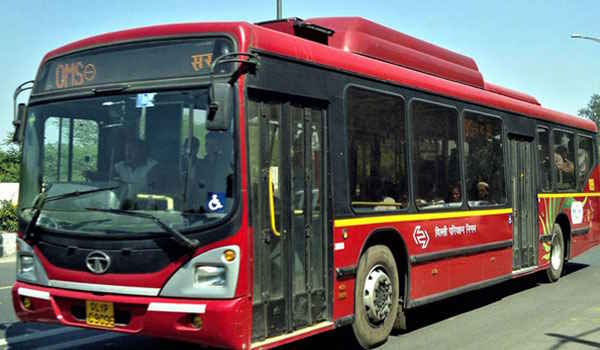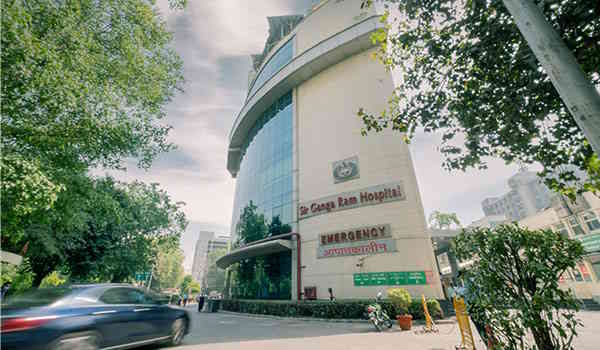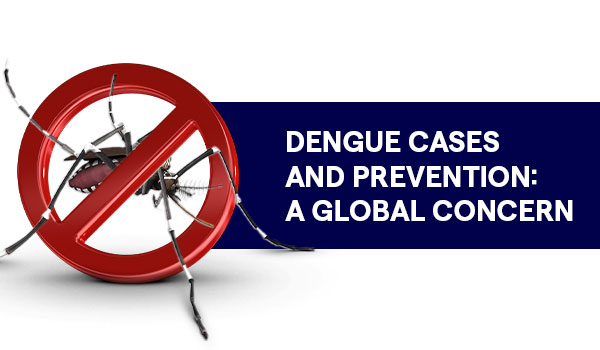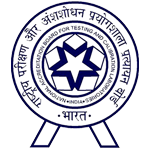The specialty training for family medicine was established in India as mandated by the WHO and Government of India to improve the healthcare delivery system at the community and family level as well as to make healthcare more affordable. These specialists get trained in multiple specialties to take care of a large number of medical conditions in all age groups, especially at primary care and act as a bridge between secondary and tertiary care.
The Department of Family Medicine at SGRH was established in the year 2001. The faculty of the department consists of senior consultants, academicians and researchers of national and international acclaim. They all come from broad specialties of General Medicine, General Surgery, Obstetrics and Gynaecology, Paediatrics, Dermatology, ENT, Psychiatry and Public health.
The department conducts postgraduate specialty training for the Diplomate of the National Board of Examinations (DNB). It is a robust and well-structured training programme to train medical graduates to deliver healthcare from the primary to the secondary level for the community, families and individuals. It is unique because family medicine specialists learn to provide healthcare to all age groups, both genders and to the disabled.
Our programme at SGRH is much sought after. It attracts the top meritorious medical students of the country. The applicants for the course are either postMBBS or those who have already done postgraduation in some other nonclinical specialty. At the end of the training the pass percentage of the exit exam has been 100% for last many years. After completion of Family Medicine DNB training, a number of specialists have become primary care physicians in the private or government setups, intensivists, palliative care experts, obesity
and nutrition experts and some have joined as faculty in medical colleges in a Department of Family Medicine. Some of our students have further specialized in Internal Medicine and are practising as internists.
The course content is based on a well-structured curriculum by the NBE but the quality of training at our centre is exceptional. The reason for this is that the family medicine postgraduate residents during their rotation to different departments get trained along with other postgraduate students of that particular department by a common teaching programme. For example during their posting in General Medicine they will undergo exactly the same teaching and training programme as that of medicine DNB residents
The competency training in the Family Medicine department includes the following components:
- Inpatient, outpatient, emergency and casualty postings under supervision
- till they develop suffi cient knowledge and skills for independent decisionmaking.
- Bedside case presentations
- Didactic lectures, seminars, journal clubs, and multidisciplinary grand rounds.
- Communication skills at various levels especially with patients, nursing staff, colleagues and other members of the community.
- Documentation skills by writing case fi les, discharge summaries, drug charts, progress notes, prescriptions and investigations.
- Bedside diagnostic and therapeutic procedures.
- Interdisciplinary and interdepartmental referrals and coordination for optimal healthcare delivery.
- Medical ethics and medico-legal issues related to patient care.
- Research methodology and medical statistics.
- Paper presentation and publications.
- Promotion of the knowledge seeking behaviour of our trainees by encouraging them to attend conferences, CMEs, etc. at the local and national levels.
- The rural health centre postings equip them to manage common illnesses and emergencies at the community level.
- The national health programme especially TB, HIV, immunization programmes, non-communicable diseases, AYUSHMAN Bharat, prevention of blindness and hearing impairment, etc.
During their rotational postings in various departments specifi c skills are taught as defi ned in the curriculum of Family Medicine for example maternal and child health issues, diagnosis of common surgical conditions and performing simple surgical procedures which can be carried out in the outpatient facility.
| Postings in various departments |
| Medicine |
6 months |
| Paediatrics |
6 months |
| Obstetrics and Gynaecology |
6 months |
| Emergency services including ICU |
3 months |
| General Surgery |
3 months |
| Miscellaneous (Orthopaedics, Ophthalmology, ENT, DVD, Psychiatry) |
3 months |
| Field-based mandatory rotational posting |
9 months |





